Everything on model trains, model railroads, model railways, locomotives, model train layouts, scenery, wiring, DCC and more. Enjoy the world's best hobby... model railroading!
Tightest Radius Curve for 85′ Cars
Paul models HO and asks:
“I want to extend my shelf layout along the sidewall. I will need a 90-degree turn. I have a long a passenger train with Walther 85′ cars, so was wondering what would be the smallest radius I would need to avoid derailments?”
Add or view comments below.
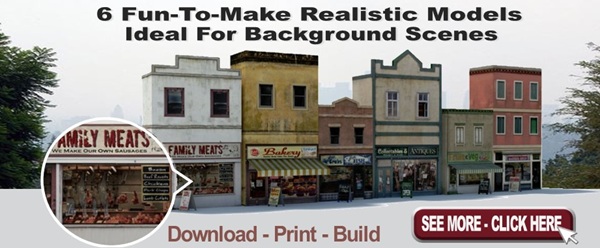
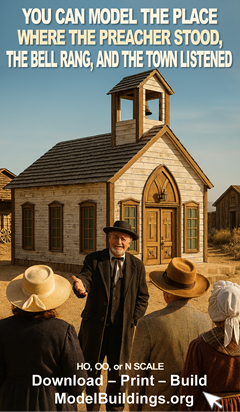
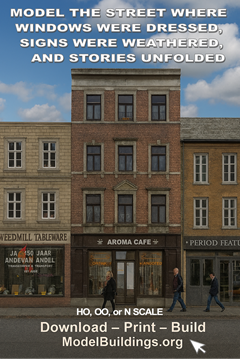
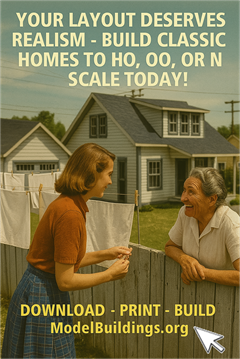
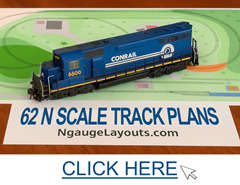
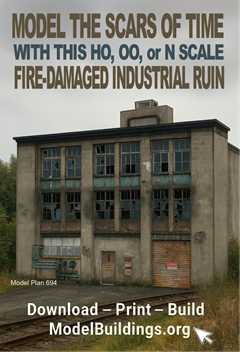
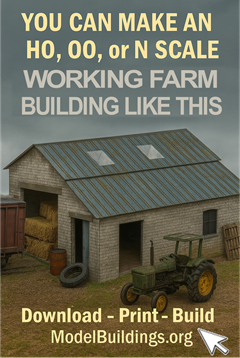
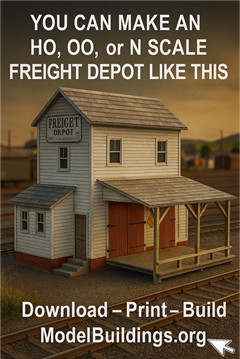
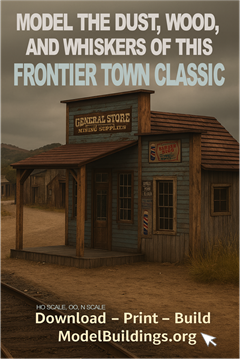
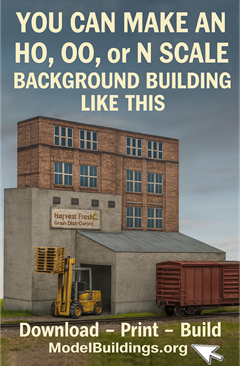
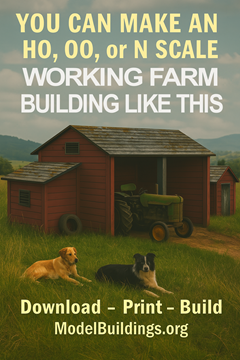
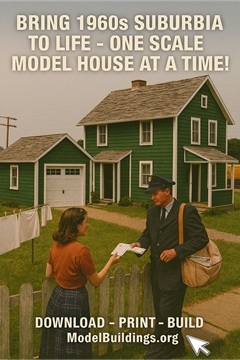
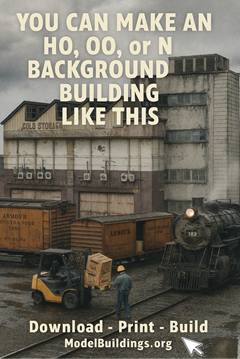
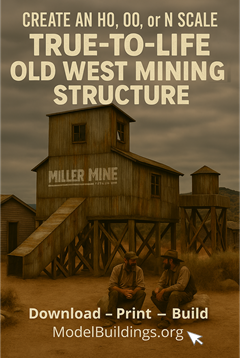

Absolute minimum or reasonable minimum? The broader the curve the better the look as long cars traverse them. That said, I think the minimum I would use is 24 inches, although you might get by with 22 inch curves. So my suggestion would be to build a test track on some clear area and see what the cars perform like.
For them 85′ Cars, the absolute minimum is 24″ radius – 22″ may be also too tight
Walthers recommends 4-26″ Rad. However, I have AT&SF and UP cars. The diaphragms hang up on 26-28″ Rad. curves. I would consider nothing under 32″..
24 inch will work. However, curved tunnel entries and helix wall supports are an issue. I am building a helix. I did a mockup with 24 inch radius. The cars barely cleared. My articulated engine hit at both the front of the boiler and the back of the cab. I made the helix 27 inch diameter.to cure this issue. Curves and buildings could also be a problem.
The answer is; use as large a radius as you can fit in. Can you can modify the corners of the layout by adding a triangular “wedge” to give you more room.
I agree, build a test track to see what works as well as HOW it looks.
I see folk all the time sighting “proto type” and yet try to put 85′ cars or an articulated loco on 24″ or 28″ curves but would rather reach in and use a ground-throw than use a remotely activated turnout.
Bottom line: YOU have to live with it! If you don’t like it, change it.
Hi from England, Track radius so important and we have Radius 1 2 3 and 4.Does that tie in with your ‘inches’ measurement and if so, what is the formula to compare…..
ALWAYS Great to hear from you all so take care and stay safe.
Jane and Colin
Excellent question for cross-pond modelers. Here’s what I could find…
For OO scale (virtually equivalent to HO):
Radius 1 = 371 mm = approximately 14.5 inches
Radius 2 = 438 mm = approximately 17.25 inches
Radius 3 = 505 mm = approximately 19.9 inches
Radius 4 = 571.5 mm = approximately 22.5 inches
I’m running 30 radius on the outside and 28 radius on the inside as I run dual mainline
Once I rebuild the new layout that’s replacing the the old my radius will stay the same
As I’m running 89 foot auto racks, boxcars, and intermodal flats, and passenger and business trains as I model the fall of 1979
One thing I’d consider. If you intend to install diaphragms between cars, you’ll need 30″ or more. 36″ would be best. If you just want the tightest radius and don’t care how they look, and you can test a bit to see what might derail, the 24″ mentioned is going to be a hassle. 85′ cars just don’t look right on less than 30″.
I’m not sure what the actual minimum radius is but 28” radius is too tight for me. I’d say nothing less than 48” radius looks okay but wider would be better.